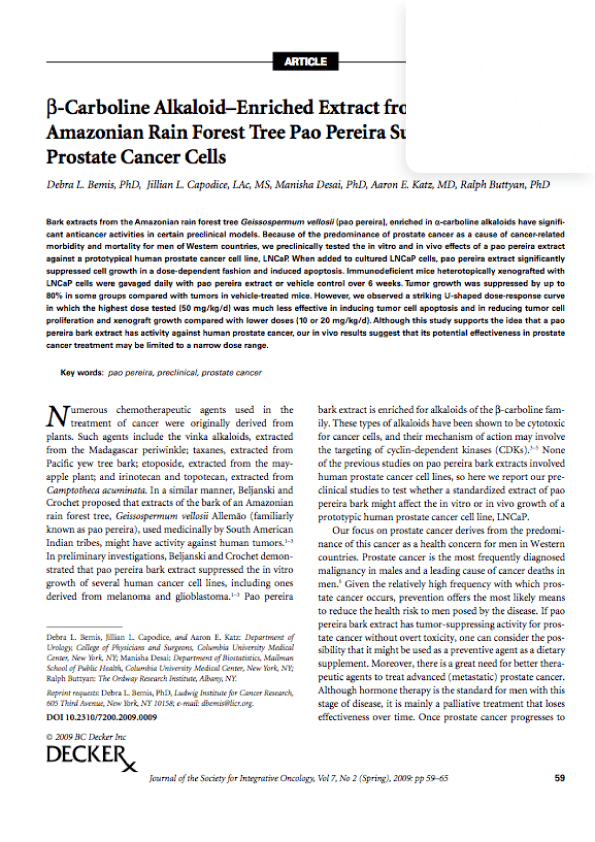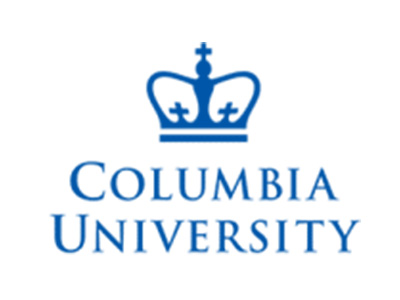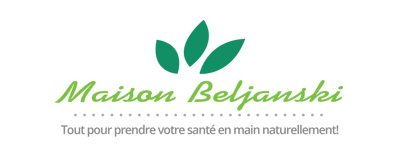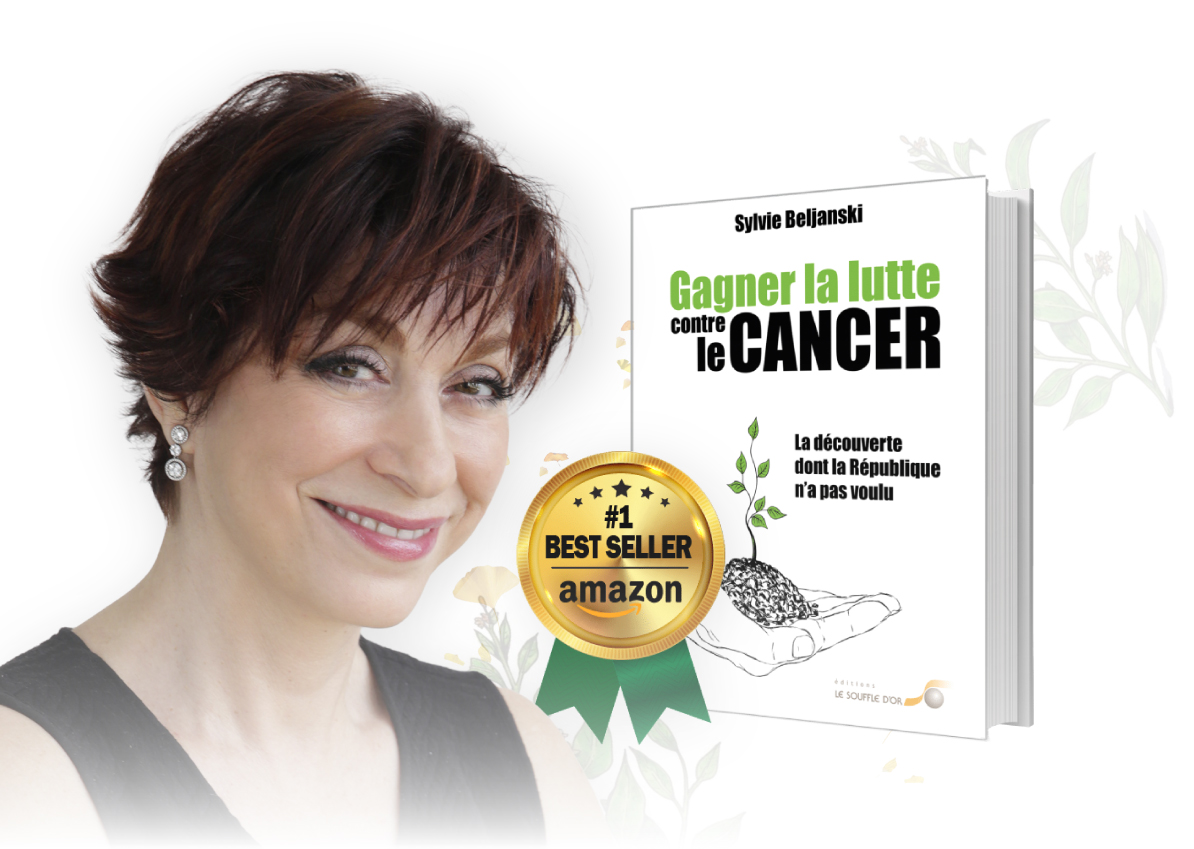Titre de la Publication: ” L’extrait de l’arbre de la forêt amazonienne Pao Pereira, enrichi en alcaloïde β-carboline, supprime les cellules cancéreuses de la prostate.”
"β-Carboline Alkaloid-Enriched Extract from the Amazonian Rain Forest Tree Pao Pereira Suppresses Prostate Cancer Cells" by Debra L. Bemis, PhD, Jillian L. Capodice, LAc, MS, Manisha Desai, PhD, Aaron E. Katz, MD, Ralph Buttyan, PhD. The Center for Holistic Urology at Columbia University Medical Center, USA. Journal of the Society for Integrative Oncology. 2009;7(2): 59-65. doi:10.2310/7200.2009.0009
Spring 2009 – “β-Carboline Alkaloid-Enriched Extract from the Amazonian Rain Forest Tree Pao Pereira Suppresses Prostate Cancer Cells”
by Debra L. Bemis, PhD, Jillian L. Capodice, LAc, MS, Manisha Desai, PhD, Aaron E. Katz, MD, Ralph Buttyan, PhD – Journal of the Society for Integrative Oncology, Vol 7, No2Bark extracts from the Amazonian rain forest tree Geissospermum vellosii (pao pereira), enriched in B-carboline alkaloids have significant anticancer activities in certain preclinical models. Because of the predominance of prostate cancer as a cause of cancer-related morbidity and mortality for men of Western countries, the research team at Columbia University preclinically tested the in vitro and in vivo effects of a pao pereira extract against a prototypical human prostate cancer cell line, LNCaP. When added to cultured LNCaP cells, pao pereira extract significantly suppressed cell growth in a dose-dependent fashion and induced apoptosis. Immunodeficient mice heterotopically xenografted with LNCaP cells were gavaged daily with pao pereira extract or vehicle control over 6 weeks. Tumor growth was suppressed by up to 80% in some groups compared with tumors in vehicle-treated mice
Prostate cancer is the most frequently diagnosed malignancy in males and a leading cause of cancer deaths in men.6 Given the relatively high frequency with which prostate cancer occurs, prevention offers the most likely means to reduce the health risk to men posed by the disease. If pao pereira bark extract has tumor-suppressing activity for prostate cancer without overt toxicity, one can consider the possibility that it might be used as a preventive agent as a dietary supplement.
Abstract

Voir cette publication en détails
Partager
uncode-placeholder





